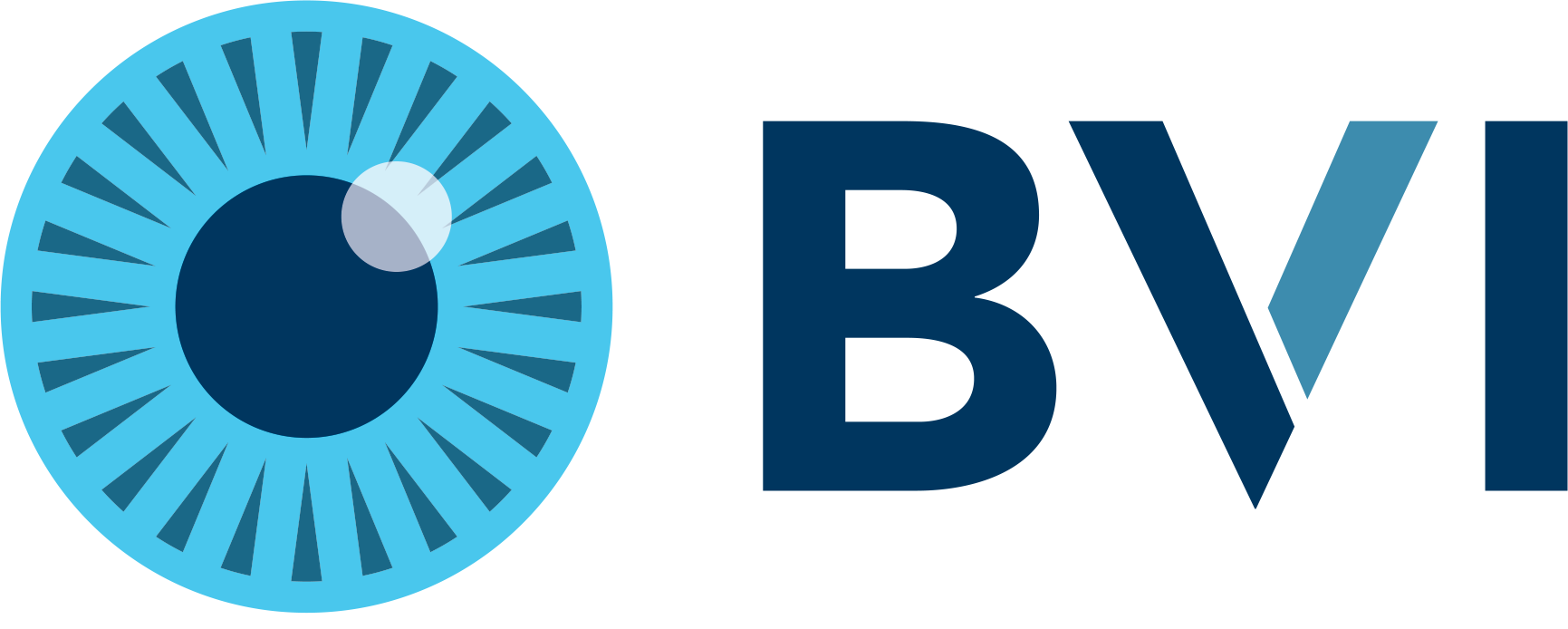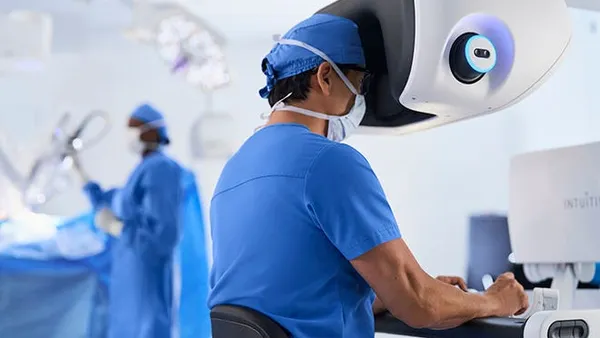Dive Brief:
- ResMed said it reached a tentative settlement to pay $39.5 million to resolve a U.S. Department of Justice investigation into its resupply program. The investigation dates back to 2016.
- Executives on the company's fourth quarter conference call Friday said the medical device maker created a reserve of $41.2 million to cover the payment and related costs.
- The company's fourth quarter revenue and earnings beat Wall Street consensus expectations, driven by market share gains in both masks and flow generators.
Dive Insight:
In July 2016, ResMed received a subpoena from HHS' Office of the Inspector General for information related to patient resupply software, according to a regulatory filing. On the company's fourth-quarter conference call, David Pendarvis, ResMed's chief administrative officer and global general counsel, said the investigation encompassed four areas: trial offers for the resupply program, marketing and financing issues, and how ApneaLink was made available. ApneaLink is a home sleep testing device.
The San Diego, California-based maker of sleep apnea and respiratory care devices is not alone in attracting the scrutiny of federal regulators. In 2016, competitor Respironics, a unit of Royal Philips NV, agreed to pay $34.8 million to settle DOJ claims it provided kickbacks in the form of free call center services to induce durable medical equipment suppliers to buy its sleep apnea masks.
Pendarvis said ResMed is not required to admit any wrongdoing in reaching its resolution with the DOJ. "In fact, we believe that we have handled ourselves appropriately," he said, according to a transcript.
The settlement and $9.4 million in restructuring costs contributed to a 37% decrease in fourth quarter net income, to $68.8 million, the company said. However, fourth quarter earnings, excluding special items, were better than expected at $137.6 million, or 95 cents a share, topping the consensus estimate of 91 cents a share, according to analysts.
Revenue rose 13% to $705 million, exceeding the average analyst estimate of $699 million. Recent launches of new mask products have driven market share gains, CEO Mick Farrell said.
Needham analyst Mike Matson said ResMed appears to be gaining share in both masks and flow generators. The company's worldwide mask sales grew 15% on a constant-currency basis, and devices grew 4%. "Management estimates the flow generator market grew in the mid-single digits with the mask market grew in the upper-single digits implying that RMD gained share in both categories in F4Q19," Matson said in a research note.
The results point to continued underlying market growth and accelerated traction in the company's strategies to drive awareness and use of its sleep therapies, said William Blair analyst Margaret Kaczor. "The drivers of the beat should continue to benefit results over the near to midterm, providing a strong outlook," she said in a report.
On the conference call, Farrell said ResMed is making progress toward bringing its Propeller Health technology, acquired in January, to market. The device uses a sensor connected to a patient's chronic obstructive pulmonary disease (COPD) medication to monitor adherence and usage patterns. Farrell highlighted a Cleveland Clinic study showing a reduction in hospitalizations and emergency room visits for COPD for patients using the device. He also said the addition of the product to Walgreens' Find Care digital platform would expand its reach to more patients.
And a joint venture with the Alphabet subsidiary Verily to study the health and financial impacts of untreated sleep apnea is expected to aid the company in developing software to help identify, engage and better manage people with sleep apnea, Farrell said. The project with Verily has been operating since November and is making progress to analyze data, code software and launch pilot studies, he added.












